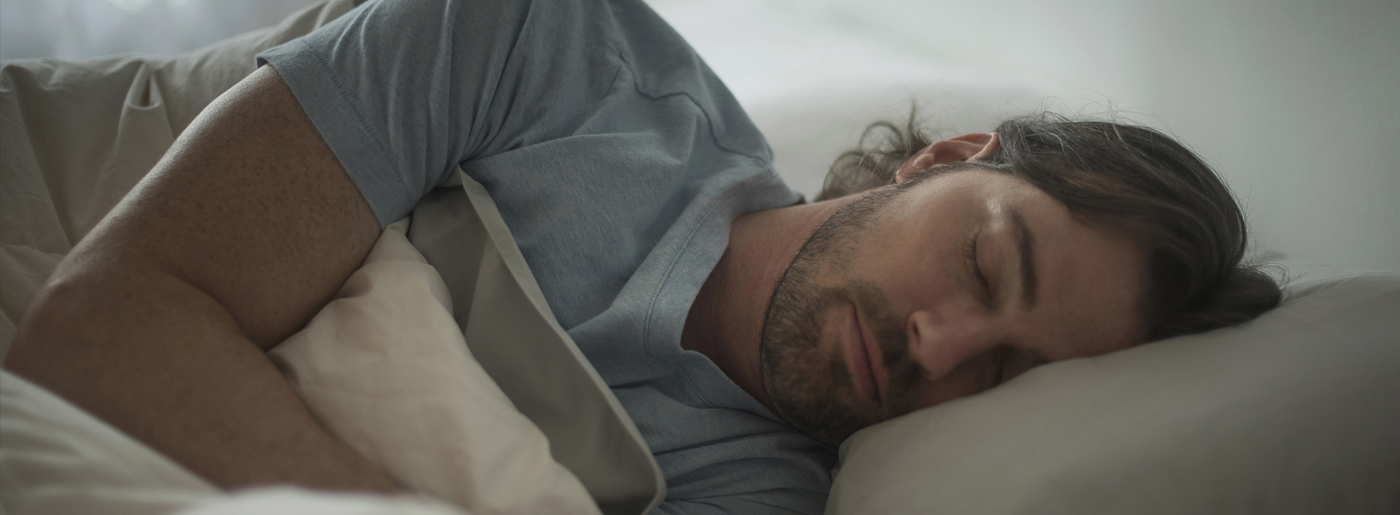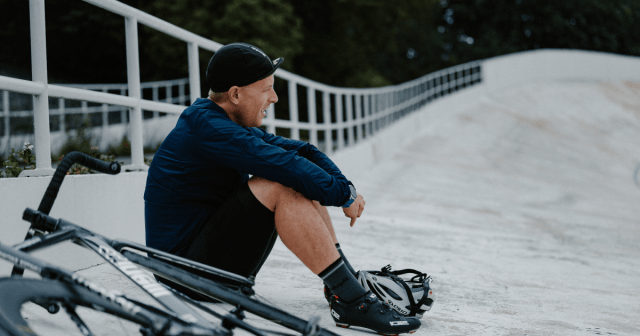The correlation between sleep and athletic performance has been the subject of hundreds of studies within the past decade and science is hardly controversial in this case:
Nearly all the research agrees that quality sleep leads to better results on the roads, trails, courts, or fields.
Namely, the benefits of quality sleep include:
Don’t just take it from researchers, scientists, and people who have devoted their entire careers to studying the topic – take it from these five professional athletes who are playing hard and sleeping harder.
Here’s a glimpse into the world of athletes and sleep.
SLeep IS a Priority for athletes
As one of the northeast’s most beloved athletes, New England Patriots quarterback Tom Brady prioritizes football, family, and sleep.
Brady says he aims to be asleep by 8:30 p.m. during football season, and that he wakes up by 5:30 a.m.
“Sleep is super important because I break my body down so much with my sport,” Brady tells Parade. “It’s the only way to get the recovery I need.”
“With the increasing number of studies on sleep, it’s becoming more and more evident that sleep isn’t something you can skip for years on end and get away with it,” says Brady, who prefers sleeping in a cold, dark room (much to the dismay of supermodel wife Gisele Bündchen’s who likes a warm sleeping space).
Professional middle-distance track athlete Will Leer is also a fan of getting steady shut-eye at night and indulges in post-run afternoon naps.
“Aiming for nine hours of sleep every night, I’m usually in bed by 9:45 p.m. and asleep by 9:46 p.m. – falling asleep quickly is my super power!” Leer says. “I’m usually up at 6:45 p.m. before the alarm goes off and rather than linger in bed, I find it easier to just roll out of bed and let that momentum carry me to my single greatest addiction: coffee.”
On The Flip Side: Sleep Can Be A Challenge FOr Athletes
Despite his best efforts to get quality sleep, Tom Brady admits it’s sometimes easier said than done:
“Early in the week, when I’m really anxious, when I’m deciding what to do and what our strategy is going to be, it’s harder to sleep. As we get closer to the end of the week, I sleep better.”
A volleyball player and three-time Olympic gold medalist and mom of three Kerri Walsh Jennings says her biggest challenge isn’t her opponents across the net – it’s getting enough sleep.
“Ideally I get eight hours of sleep, but I average probably around seven, which is way better than it was before,” Walsh Jennings says.
“It took me my whole life to get to this point where I now understand the total value of sleep,” Kerri Walsh Jennings tells the Huffington Post. “I wish I could talk to my 18-year-old self and convince her to commit to going to bed early and waking up early.”
Even when it’s hard to squeeze in the much-needed snoozing time, Walsh Jennings says it makes her so much more successful on and off the court: “I’m better in all areas when I get enough sleep.”
How Much Sleep do Athletes Need – And Get?
Golfer Michelle Wie sleeps more than 12 hours whenever she has the chance. “I don’t feel very good if I get less than 10 hours of sleep.” That’s not even the max for her as she tells Golf Digest: “Early in the week of the Sony Open, I went to bed at 9 PM and woke up at 1 the next day, sleeping for 16 hours,” she says.
Kevin Durant, Golden State Warriors basketball player, hasn’t just earned MVP status on the court – he also strives to be a superstar sleeper. Durant tells the Huffington Post that he aims for eight hours of sleep a night.
“I’m up pretty early most days so I can fit in two or three workouts,” Durant says. “Every day is a new chance to challenge myself and push my training to the next level, but I can only do that if I keep my energy up. Sleep is an important part of that.”
Olympian Alpine ski racer Travis Ganong aims for eight hours a night, and loves a midday nap. “Feeling rested and ready is so important, not just physically but mentally,” he tells Van Winkle’s.
Pro Athlete tip to sleep better
Travis Ganong’s top tip for ensuring solid shut-eye is to log offline at bedtime.
“If I’m on my phone looking at a screen just before bed, I have trouble falling asleep, so I try to avoid that,” he says.
“Also traveling with an eye mask can help and taking some melatonin before big days to help me find a peaceful sleep. Otherwise I find myself thinking too much about the next day and tossing and turning.”
“As a ski racer, we face so many variables out of our control, be it wind, fog, snow conditions or deteriorating snow surface. But sleep – that is a variable you can control as an athlete or at least prioritize sleep and do your best to optimize rest and recovery.”
If you liked this post, don’t forget to share so that others can find it, too.
Please note that the information provided in the Polar Blog articles cannot replace individual advice from health professionals. Please consult your physician before starting a new fitness program.

